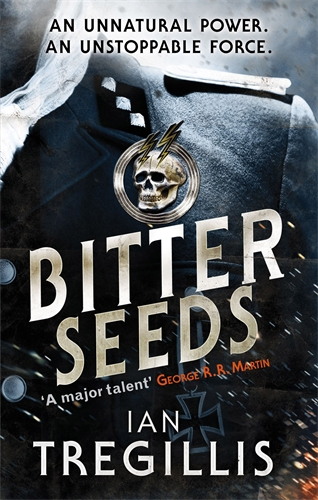The Mechanical – the stunning new Ian Tregillis novel
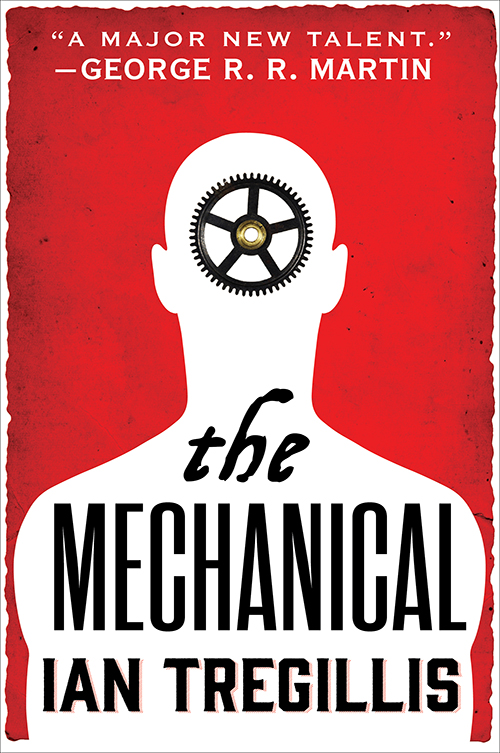 I’m very proud to present the cover for a phenomenal new novel we have coming from Ian Tregillis next March.
I’m very proud to present the cover for a phenomenal new novel we have coming from Ian Tregillis next March.
Ian’s novels have been described as:
‘Addictively brilliant’ i09
‘Eloquent and utterly compelling’ Kirkus
‘Exciting and intense’ Publishers Weekly
‘Striking’ Locus
And now, The Mechanical (UK | US | ANZ) – in my humble opinion – is going to blow people’s minds.
Part science fiction, part fantasy and part alternate history, this book shows the incredible imagination of an exceptionally skilled author – or “a major new talent” in the words of George R. R. Martin.
It’s a novel that centers on a character called Jax – a mechanical man, or “Clakker”. His kind were created by the Dutch back in the 17th Century to serve their human masters. And an army of mechanical men like him have managed to make The Netherlands the most powerful nation in the world.
But these Clakkers are no more than slaves to human kind. And soon, Jax is going to make a bid for freedom – an act that will rock the world of the Brasswork Throne to its core . . .
It’s a truly stunning book. Intricately crafted, hauntingly atmospheric, and just gripping. You won’t want to miss this one.
My name is Jax.
That is the name granted to me by my human masters.
I am a slave.
But I shall be free.

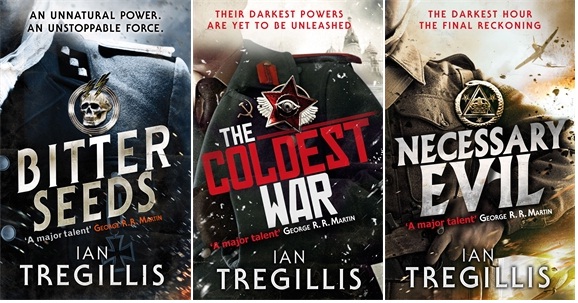

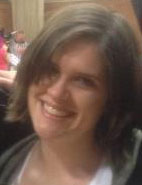


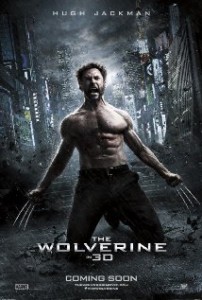
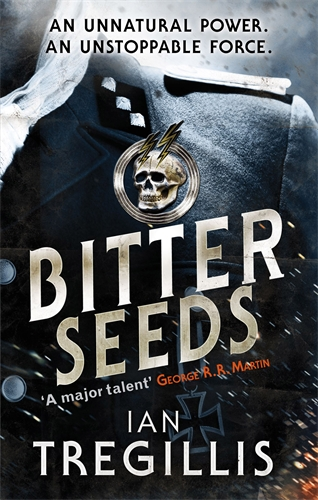
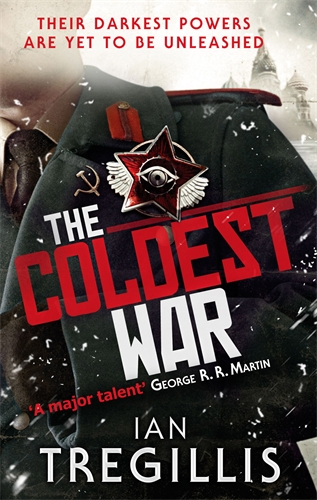 even followed parallel lines of thought when it came to titles. Charlie called his story of the Shoggoth Gap “A Colder War,” while I went with THE COLDEST WAR for my tale of mystical brinksmanship.)
even followed parallel lines of thought when it came to titles. Charlie called his story of the Shoggoth Gap “A Colder War,” while I went with THE COLDEST WAR for my tale of mystical brinksmanship.)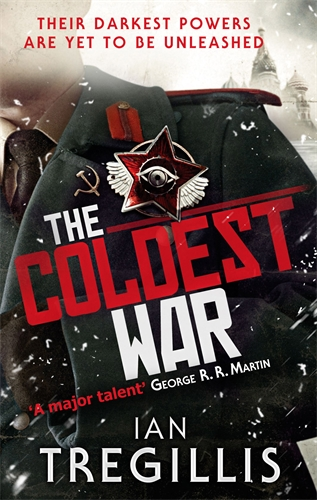
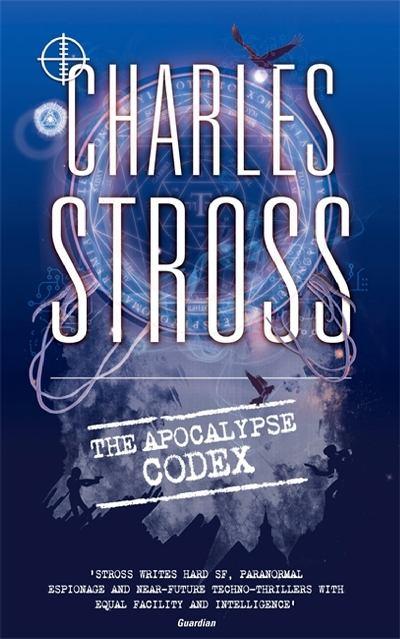

 How does one create a superhero? Movies such as
How does one create a superhero? Movies such as 
